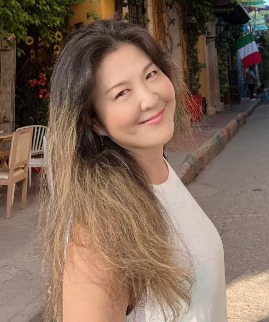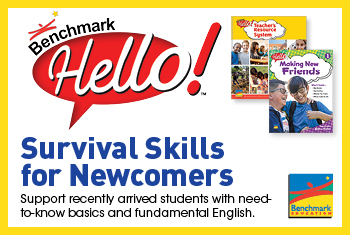2023 Higher Education
Award Winning Essay
By Yun Zhang
 Respecting the old and caring for the young is our traditional culture in China. To give an example, when an old man (Chinese people over 60 years old can be called an old man) is on the bus or subway, even if he looks very healthy and sees an old man, However, young people, both male and female, will take the initiative to stand up and give him a seat. This behavior we call respect, however, an American friend of mine was not happy with this behavior. When he was traveling in China, a young lady stood up and offered him a seat on the subway when he was traveling in China. Of course, he also refused the lady. polite behavior.
Respecting the old and caring for the young is our traditional culture in China. To give an example, when an old man (Chinese people over 60 years old can be called an old man) is on the bus or subway, even if he looks very healthy and sees an old man, However, young people, both male and female, will take the initiative to stand up and give him a seat. This behavior we call respect, however, an American friend of mine was not happy with this behavior. When he was traveling in China, a young lady stood up and offered him a seat on the subway when he was traveling in China. Of course, he also refused the lady. polite behavior.
In China, most parents always criticize their children in front of friends or relatives but praise other people’s children. They themselves think this is a kind of modest behavior. However, in the US, what I see is that parents often praise how good their children are in front of their friends. In China, people can insult people you don’t like in any public place or social media, even any racial discrimination, but remember, the only thing you can’t treat is the highest national leader, if you do, what awaits you is going to jail, or even It may involve your life safety.
When I first came to the United States, I was extremely shocked. People can insult the president at will, but they are very careful to use any language and behavior towards ordinary people. I want to say without reservation that I respect the culture of every country, but I love American culture more, and this is how I feel after living here for many years, this culture is harmonious, and this culture gives people a sense of self-confidence And courage, this is why I study English very hard, I want to integrate into this country more deeply, I love America, I love this harmonious, free and mutual respect environment.


 Naashia Mohamed begins this blog by establishing the need for a “Culturally Sustaining Approach” in teaching.
Naashia Mohamed begins this blog by establishing the need for a “Culturally Sustaining Approach” in teaching.